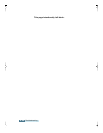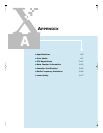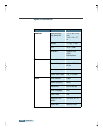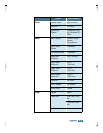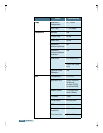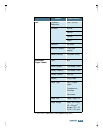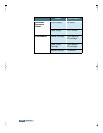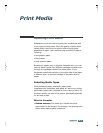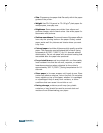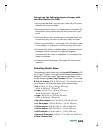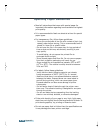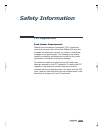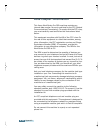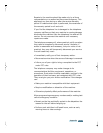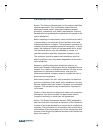
A.8
Appendix
•
Size.
Choose any size paper that fits easily within the paper
guides of the printer.
•
Weight.
Use 20~24-pound or 75~90 g/m
2
plain paper for
multipurpose, everyday use.
•
Brightness.
Some papers are whiter than others and
produce sharper, more vibrant colors. Use white paper for
documents with pictures.
•
Surface smoothness.
The smoothness of the paper affects
how crisp the printing looks on the paper. Glossy, coated
paper works well for pictures and charts where you want
crisp lines.
• Colored paper should be of the same high quality as white
paper. The pigments must withstand the printer’s fusing
temperature of 392° F (200° C) for 0.1 seconds without
deterioration. Do not use paper with a colored coating that
was added after the paper was produced.
• Pre-printed forms must be printed with non-flammable,
heat-resistant inks that do not melt, vaporize, or release
hazardous emissions when subjected to the printer’s
approximately 392° F (200° C) fusing temperature for 0.1
seconds.
• Store paper in its ream wrapper until ready to use. Place
cartons on pallets or shelves, not on the floor. Do not place
heavy objects on top of the paper, whether it is packaged
or unpackaged. Keep it away from moisture, or other
conditions that can cause it to wrinkle or curl.
• During storage, moisture-proof wrap (any plastic
container or bag) should be used to prevent dust and
moisture from contaminating your paper.



